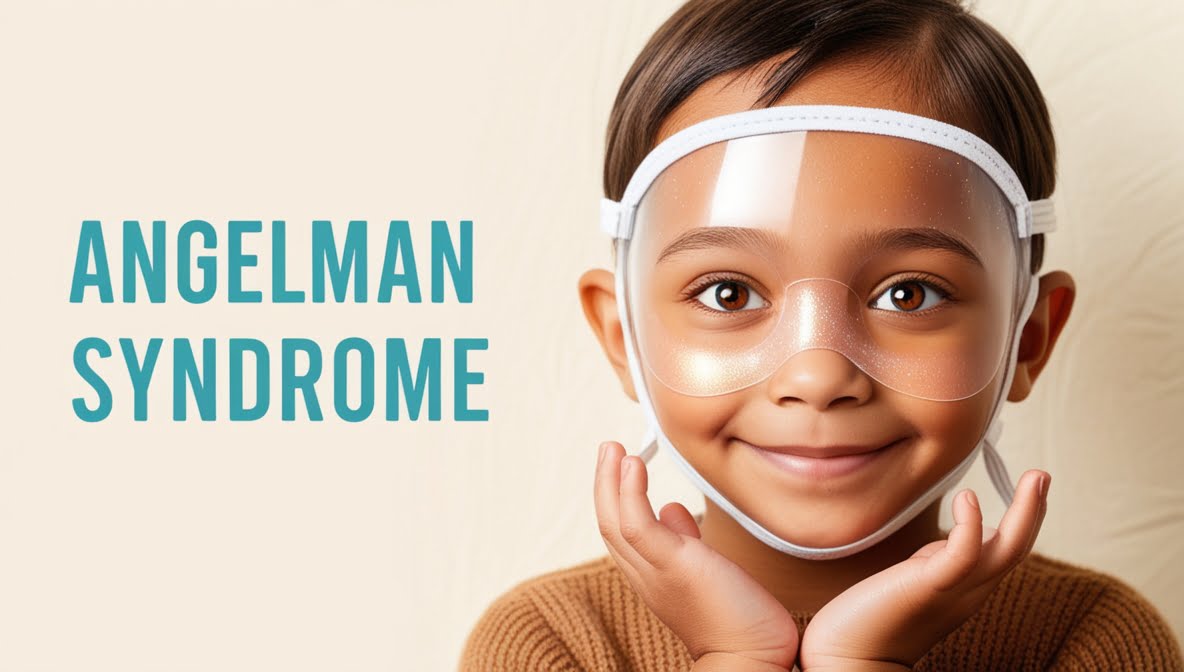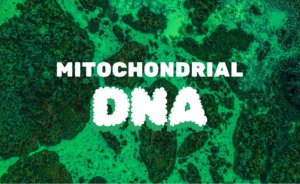Angelman syndrome is a rare genetic disorder that affects the nervous system. It’s like a puzzle with missing pieces, causing challenges in learning, speaking, and movement. While it’s often a surprise to new parents, understanding this condition can be a big step towards supporting someone with Angelman syndrome.
What is Angelman Syndrome?
Angelman syndrome is a complex condition that affects a child’s development. It’s caused by a problem with a specific gene, and we don’t fully understand everything about it yet.
What Causes Angelman Syndrome?
Angelman syndrome happens because of a problem with a specific gene called UBE3A. This gene is like a blueprint for building important parts of the brain. When something goes wrong with this gene, it can disrupt brain development and lead to the symptoms of Angelman syndrome.
Imagine your body is a house. The UBE3A gene is like the architect’s plan for building the brain (the house). If the plan is messed up, the house (brain) won’t be built correctly, leading to problems.
What are the Signs and Symptoms of Angelman Syndrome?
Every person with Angelman syndrome is unique, but there are some common signs and symptoms.
- Developmental Delays: Kids with Angelman syndrome often reach milestones like sitting, crawling, and talking later than other children.
- Intellectual Disability: This means they might find it harder to learn and understand things compared to their peers.
- Speech Challenges: Many people with Angelman syndrome have difficulty speaking, or they might not speak at all.
- Movement Issues: Balance and coordination problems are common. They might have a shaky walk or have trouble with fine motor skills.
- Happy and Excitable: One of the most recognizable features of Angelman syndrome is a happy and cheerful personality. People with Angelman often laugh and smile a lot.
- Sleep Problems: Sleep disturbances are common in people with Angelman syndrome.
It’s important to remember that these are just general signs and symptoms. Everyone with Angelman syndrome experiences the condition differently.
Living with Angelman Syndrome: Challenges and Support
Caring for someone with Angelman syndrome can be challenging, but it’s also incredibly rewarding. There are many resources and support groups available to help families cope.
- Early Intervention: Starting therapy and support services early can make a big difference in a child’s development.
- Education: Finding the right educational setting is crucial. Many children with Angelman syndrome benefit from special education programs.
- Therapy: Physical, occupational, and speech therapy can help improve motor skills, communication, and daily living skills.
- Medication: While there’s no cure for Angelman syndrome, medications can help manage seizures and sleep problems.
- Support Groups: Connecting with other families facing similar challenges can provide valuable support and information.
Research and Hope for the Future
While there’s no cure for Angelman syndrome yet, research is ongoing. Scientists are working hard to understand the condition better and develop new treatments.
Angelman syndrome is a complex condition, but with the right support and understanding, people with Angelman syndrome can live fulfilling lives. It’s a journey, and every step forward is a celebration of their unique abilities and spirit.






